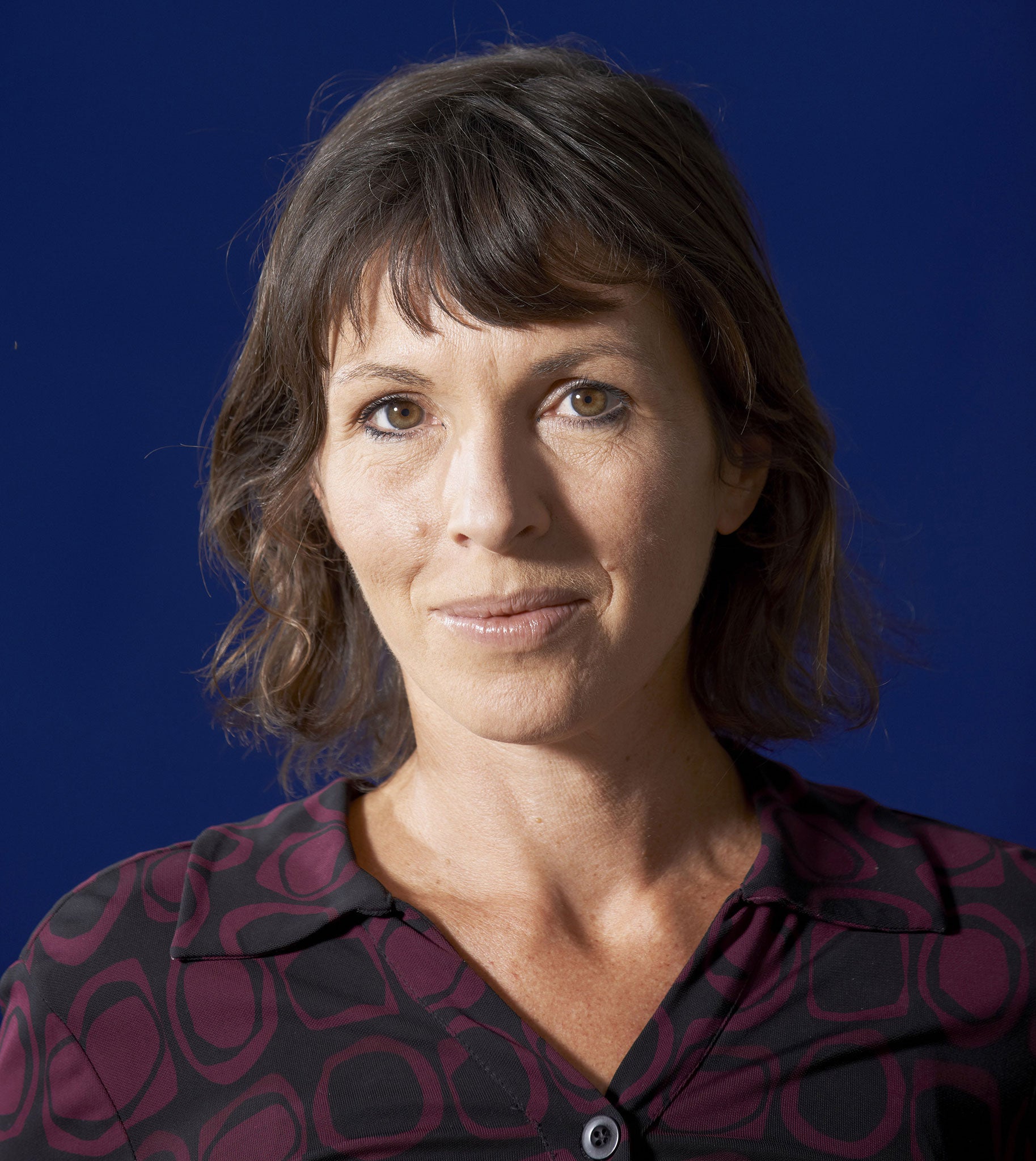Outline by Rachel Cusk, book review: What it means to be a woman

Your support helps us to tell the story
From reproductive rights to climate change to Big Tech, The Independent is on the ground when the story is developing. Whether it's investigating the financials of Elon Musk's pro-Trump PAC or producing our latest documentary, 'The A Word', which shines a light on the American women fighting for reproductive rights, we know how important it is to parse out the facts from the messaging.
At such a critical moment in US history, we need reporters on the ground. Your donation allows us to keep sending journalists to speak to both sides of the story.
The Independent is trusted by Americans across the entire political spectrum. And unlike many other quality news outlets, we choose not to lock Americans out of our reporting and analysis with paywalls. We believe quality journalism should be available to everyone, paid for by those who can afford it.
Your support makes all the difference.Outline, Rachel Cusk's eighth novel, is a compelling study of invisibility, silence and absence. An all but nameless female narrator travels to Athens to teach a writing course in the height of the summer heat.
We learn, however, practically nothing about her; instead, through her, we play audience to the chorus of voices that constitute the week she spends in the Greek city, as, one after the other, the people she meets unburden their life stories onto her blankness.
Authorial invisibility is a bold and unique premise for a first-person novel, especially one written by a writer who has made the confessional genre very much her own. I'm thinking here of course of Cusk's warts-and-all memoirs, A Life's Work: On Becoming a Mother and the more recent Aftermath: On Marriage and Separation, both, particularly the latter, eliciting strong condemnation from readers and critics alike. Given Outline is the follow-up, as it were, to Aftermath, it's near impossible not to transpose something of Cusk herself onto her narrator; to read this meditation on authorial silence and female invisibility as the logical reaction to the outpouring of emotion and anger, not to mention the furious responses this provoked, that preceded it.
Out of the narratives that are spun around the narrator, certain themes begin to develop – marriage and separation, the ties of parenthood, the struggles of reconciling these with one's identity, particularly when it comes to creative expression – and through these, the faint image of a woman quivers into half-focus. Like the non-fiction that came before it Outline is a book about what it means to be a woman, but in it Cusk has transformed sentiment that was derided as gushing self-obsession and self-pity into a uniquely graceful and innovative piece of artistic self-possession, which achieves the rare feat of seamlessly amalgamating form and substance.
That the composition of the novel itself so clearly and crisply renders the idea behind it brought to my mind the completion of Lily Briscoe's painting at the close of Woolf's To the Lighthouse – not least because the concern of both writers is female subjectivity.
The final 'story' in the novel is that told by a fellow writer come to take the narrator's place, a woman who's experienced a near complete loss of identity following a violent mugging. As she tells the narrator of how she listened to her neighbour on the plane telling her about his life, she eloquently elucidates the process by which Cusk's entire novel works: "while he talked she began to see herself as a shape, an outline, with all the detail filled in around it while the shape itself remained blank.
Yet this shape, even while its content remained unknown, gave her for the first time since the incident a sense of who she now was." And indeed, more than any tendrils of description or character it was a sense of shape and structure that lingered in my mind long after I'd turned the final page, rendering Cusk's novel something of a visual work of art, as when a sculptor works to slowly chip away at excess stone to reveal the form they know exists within the single block of marble. "Yes," one can almost hear Cusk whisper echoing Lily's final words, "I have had my vision."
Join our commenting forum
Join thought-provoking conversations, follow other Independent readers and see their replies
Comments